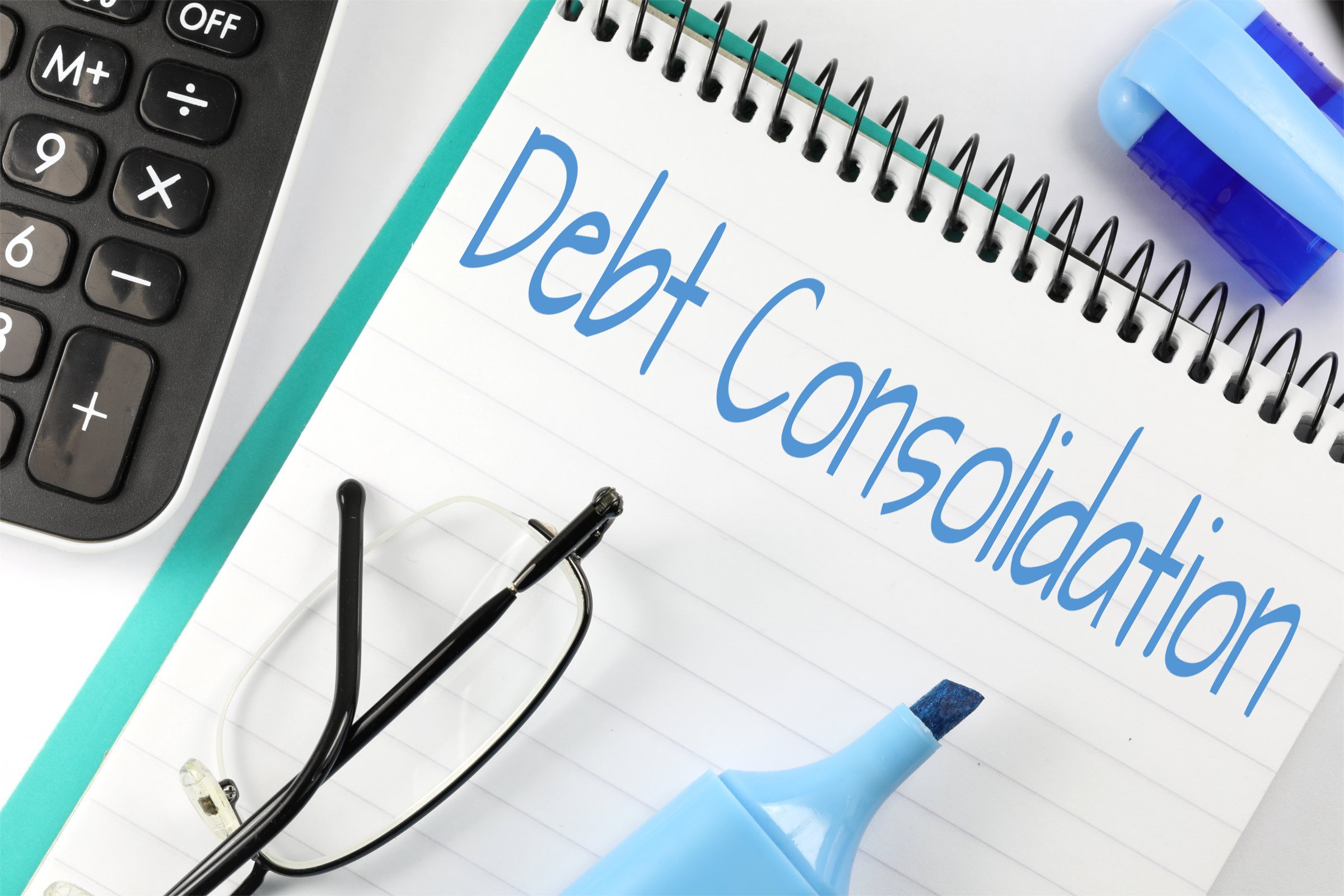
When you are struggling to manage multiple high-interest debts, you often get the advice of getting a consolidated debt to pay off multiple loans together so that all you have to worry about is one single loan. But does debt consolidation work for everyone, or will it be another wrong financial move that will land you in further turmoil? That’s exactly what we will share today.
Let’s find out if debt consolidation is the best solution for your financial situation and how you can go about it. For additional, expert advice on debt consolidation, you can visit Alpine Credits for more information.
Table of Contents
What is debt consolidation?
Debt consolidation is the practice of taking on personal loans to pay off multiple loans. The personal loan is usually negotiated at favourable terms like lower interest rates and monthly payments.
For instance, loans on credit cards come at a high-interest rate. On the other hand, personal loans have an interest rate. So if you have several loans on your credit card, you can consolidate them through a personal loan.
When is debt consolidation a good idea for you?
Here are some scenarios in which debt consolidation might be a good idea:
1. If you have a good credit score
The entire point of consolidating your loan is to get favourable terms on the new loan. But that can only happen if you have a good credit score. Else, you will be stuck with another loan with the same high-interest rates and unmanageable monthly payments.
2. You current loan has a high-interest rate
Before you go through the trouble of getting a second loan, check out how it can benefit you. For instance, we only recommend going for a second loan to consolidate your debt if its interest rate is lower than your current rate. The average interest rate for a personal loan is 9.41, whereas credit card loans come with an interest rate higher than 16%.
3. You need a disciplined repayment plan
The biggest issue with credit cards is that there is a set repayment plan. Hence, you might not feel the pressure of having to return the loan amount, And the worst part is, as long as you keep paying off the minimum amount, your card will keep running all the same, and you might stay in debt forever.
However, if you opt for a personal loan, you will have to stick to a set repayment plan that ensures that you will get the debt paid off for sure sooner or later.
4. Improves your credit score
If you stick religiously to your repayment plan, consolidated debts can actually improve your credit score. However, at the same time, if you fail to repay the loan even by 30 days, your credit score will take a massive hit.
Things to keep in mind
Debt consolidation surely comes with quite a few benefits. But there are certain financial situations in which debt consolidation might not be the solution. Here are some of them:
1. It will improve your poor credit score
As we discussed before, a good credit score will help you negotiate favourable terms for your loan. On the other hand, if you have a bad credit score, you will end up with a higher interest rate which might defeat the purpose of getting your debts consolidated.
2. Not worth it if you don’t have a lot of debt
If you don’t have a huge loan or if you think you can pay it off in a few months or a year, then there is no point in getting your debts consolidated. The savings you will make by doing so will not be worth all the extra hours and efforts you have to put in terms of research and analysis.
3. It will put in a hard credit enquiry
Every time you apply for a loan, the lender will run an inquiry on your credit history. If they run a soft credit inquiry, your credit score will remain unharmed. However, if they run a hard credit inquiry to check if you are a reliable borrower or not, it might harm your credit score.
4. Tricky with poor financial management skills
Debt consolidation can be tempting. You not only get favourable terms to pay back your loan, but you also get to free up credit on your credit card, which means you can borrow more funds against the card.
Now imagine this scenario with someone who has poor financial management skills. If they can’t manage their expenses and take up more loans against their credit card, they will worsen their financial crisis. Now, they will not only have to deal with their old loan but also the new debt they were tempted into taking.
How do you get a debt consolidation loan
Now that you know how debt consolidation can help, you might be tempted to find out how you can get one for yourself. Let’s find out.
Pre qualification
You can start by getting prequalified for the loan. This ensures that you are not wasting your time applying for a lender who won’t help you. Prequalification usually only consists of a soft credit check to see if you meet the lender’s requirements.
Loan application
Once you have a list of lenders, you have prequalified for, select the ones that best match your requirements and send over a loan application. At this stage, you will also be required to submit some personal and employment information to understand if you are capable of returning the borrowed sum.
Before you make any commitment, make sure to check the following things:
- The lender is reliable
- You have a solid plan to return the loan amount
- The new loan will help you save in terms of interest
- The new loan would be easier to pay off
- You wouldn’t be enticed to overspend with improved financial conditions
Endnote
Debt consolidation can be a blessing for some and a massive mistake for others. It depends on your debt, financial situation, and financial management skills. If executed the right way, debt consolidation is the best way to get out of a complicated financial crisis.



